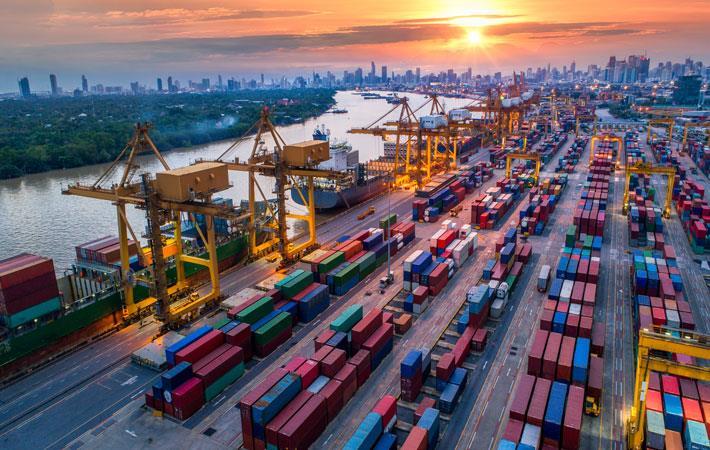A slowdown has been observed in the number and coverage of trade-restrictive and trade-facilitating measures on goods implemented by G20 countries between mid-May and mid-October 2020, primarily as a result of the sharp decline in overall global trade since the COVID-19 outbreak, according to The World Trade Organisation’s (WTO) 24th Trade Monitoring Report on G20 trade measures.
Of the 133 COVID-19 trade and trade-related measures recorded for G20 economies since the outbreak of the pandemic, 63 per cent were of a trade-facilitating nature and 37 per cent were trade restrictive.A slowdown has been observed in the number and coverage of trade-restrictive and trade-facilitating measures on goods implemented by G20 countries between mid-May and mid-October 2020, primarily as a result of the sharp decline in overall global trade since the COVID-19 outbreak, according to the WTO's 24th Trade Monitoring Report on G20 trade measures.#
Almost three out of every ten COVID-19 restrictive measures on goods taken by G20 economies had been repealed by mid-October. Most of them were export restrictions. In the services sectors heavily impacted by the pandemic, most of the 68 COVID-19 related measures adopted by G20 economies appeared to be trade facilitating.
Over 400 support measures in direct response to the pandemic and collectively worth several trillion dollars were put in place by G20 economies up until mid-October. These emergency support measures are central to governments’ strategies to address the pandemic-induced economic downturn and lay the groundwork for a swift recovery of output and trade, and appear to be temporary in nature.
The report also documents numerous trade-facilitating and support measures introduced by G20 economies in response to the economic downturn in order to prepare the ground for a strong economic recovery.
The previous such report, issued in June 2020, captured only the early impact of the pandemic. The latest one reflects more fully the impact. Although world trade had already been slowing before the pandemic, merchandise exports in nominal USD terms was down 21 per cent in the second quarter of 2020 compared to the previous year, while commercial services exports was down 30 per cent.
The trade coverage of ‘regular’ import-facilitating and import-restrictive measures introduced during the five-month period, that is those unrelated to the COVID-19 pandemic, dropped to $36.8 billion (down from $735.9 billion in the previous period) and $42.9 billion (down from $417.5 billion) respectively.
This was a function of the sharp decline in overall global trade flows, the diversion of governments' attention towards pandemic response, and relative stasis in major bilateral trade tensions that had elevated both sets of figures in earlier reporting periods—as well as a general commitment to keep trade flowing.
At the same time, trade measures directly tied to the pandemic covered a significant amount of global trade. COVID-19 related trade-facilitating measures on goods implemented since January covered trade worth an estimated $155 billion, while pandemic-related trade-restrictive measures—most of which were export controls—covered trade worth $111 billion., according to a WTO press release.
The WTO Secretariat estimates of the accumulated stockpile of import restrictions implemented since 2009 suggest that 10.4 per cent of G20 goods imports ($1.5 trillion out of a total $14.6 trillion of G20 imports) are affected by import restrictions that are still in force after being put in place by G20 economies.
Fibre2Fashion News Desk (DS)
